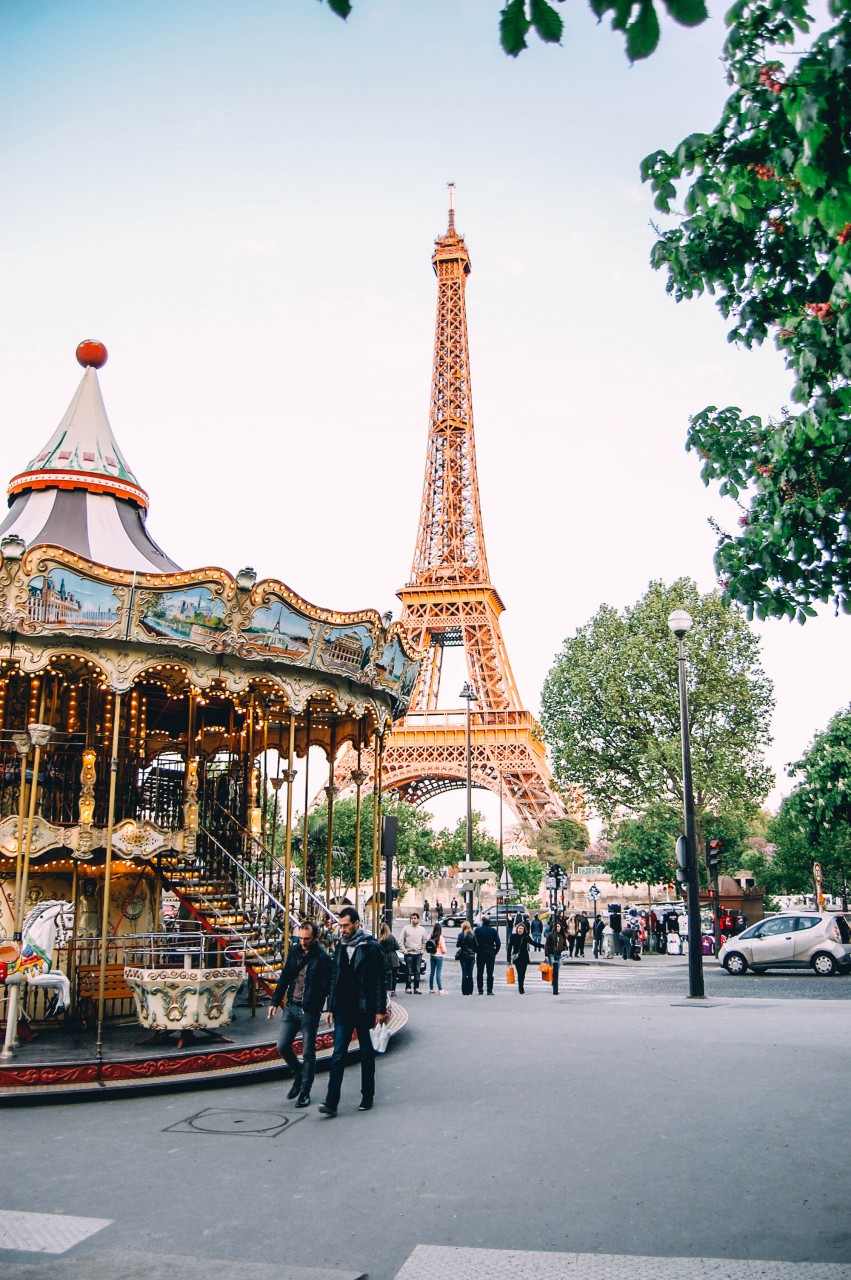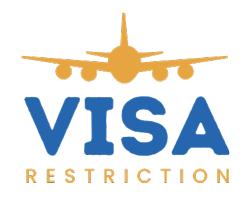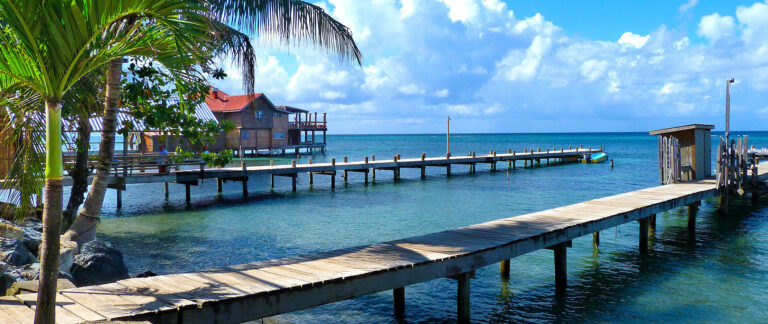Is It Safe to Travel to Paris Right Now: Update

Traveling to Paris Safety
If you’re wondering, “is it safe to travel to Paris right now,” you’re not alone. Here is some helpful information to keep you informed.
Current Travel Advisory
According to the latest [Travel Advisories], travel to France is designated at a Level 2 advisory status. This means that while you can still visit, you should exercise increased caution due to threats like terrorism and civil unrest. In crowded areas like airports, train stations, and popular tourist spots, be vigilant against pickpocketing and phone snatching.
| Advisory Level | Description |
|---|---|
| Level 1 | Exercise Normal Precautions |
| Level 2 | Exercise Increased Caution |
| Level 3 | Reconsider Travel |
| Level 4 | Do Not Travel |
For insights related to other destinations, you may compare this with advisories such as is it safe to travel to mexico or is cancun safe to travel.
Terrorism and Civil Unrest Caution
The risk of terrorism in France remains a significant concern. Travelers should be aware that terrorist groups could target various public venues, including popular tourist attractions, shopping centers, and transportation hubs (Smart Traveller). Historically, attacks in France have involved methods such as:
- Knife attacks
- Shootings
- Bombings
- Vehicle attacks
Being informed can help you stay safe. For tips on traveling to other locations with similar risks, refer to our articles on is it safe to travel to turkey or is it safe to travel to egypt.
When planning your trip, staying updated with current advisories and practicing caution can ensure a safer travel experience. Whether you’re asking, “is it safe to travel to jamaica” or “is brazil safe to travel,” always check for the latest information.
COVID-19 Safety Measures
Ensuring your safety while traveling to Paris during the pandemic involves adhering to various health precautions and formalities. Here’s what you need to know.
Health Precautions in Public Transport
Navigating public transport in Paris amid COVID-19 is made safer through stringent hygiene measures implemented by the RATP.
- Disinfection Frequency: Buses, tramways, metro, and RER trains are disinfected twice daily, with special attention given to touch points like doors, grab handles, and handrails.
- Automated Doors: Doors automatically open at every stop to minimize contact.
- Hand Sanitizers: Free hand sanitizer dispensers are available at stations and stops.
- Face Masks: Wearing a mask is recommended, although it has not been compulsory on public transport since May 16, 2022.
Health Formalities for Travelers
As of August 1, 2022, health formalities for entering France have been significantly relaxed (Paris Je T’aime).
- Health Tests and Vaccination Pass: Travelers are no longer required to carry out a health test or present a vaccination pass upon arrival.
- Isolation Guidelines: While isolation is no longer mandatory as of February 1, 2023, it is recommended if you test positive for COVID-19. Notify those around you and contact a healthcare provider for further advice.
For more information on travel safety to other destinations, check out our articles on is it safe to travel to mexico and is cancun safe to travel. These precautions and formalities help ensure that your trip to Paris is as safe and enjoyable as possible.
| Safety Measure | Details |
|---|---|
| Disinfection Frequency | Twice daily |
| Automated Doors | Open automatically at each stop |
| Hand Sanitizers | Available for free at stations and stops |
| Face Masks | Recommended but not compulsory since May 16, 2022 |
| Health Tests and Vaccination Pass | Not required since August 1, 2022 |
| Isolation Guidelines | No longer mandatory but recommended; notify contacts and consult a doctor if COVID-positive |
For more on staying safe while traveling, explore our comprehensive guides on other destinations such as is it safe to travel to jamaica and is it safe to travel to egypt.
COVID-19 Testing in Paris
When pondering the question, “is it safe to travel to Paris right now,” understanding the available COVID-19 testing options is essential. Paris offers several testing services to ensure the safety of both tourists and residents.
Types of COVID-19 Tests
Visitors to Paris can take either an antigen test or an RT-PCR test. Both of these tests are available widely throughout the city and France as a whole.
| Test Type | Description | Result Time |
|---|---|---|
| Antigen Test | Quick test for active COVID-19 infection | 15-30 minutes |
| RT-PCR Test | Detailed test for active COVID-19 infection | Within 24 hours |
Antigen tests are rapid tests, providing results in as quickly as 15 to 30 minutes. On the other hand, RT-PCR tests are more detailed and tend to be more accurate, with results usually available within 24 hours.
Pricing and Protocols
For those without a French social security number, the cost of COVID-19 tests in Paris is as follows:
| Test Type | Cost (Euros) |
|---|---|
| Antigen Test | €20 – €25 |
| RT-PCR Test | €43.89 |
These prices are applicable to tourists and residents who do not have French health insurance. For individuals affiliated with the French health insurance system, the coverage for these tests has been partial since March 1, 2023, with a remaining out-of-pocket cost of approximately 30%.
Visitors should also be aware of the health documentation required for international travel. It may be necessary to provide a vaccination certificate, a negative test certificate, or proof of recovery in EU format. It’s advisable to store all relevant documents on the TousAntiCovid application or print them out for easy access (Ministry for Europe and Foreign Affairs).
For additional information on travel safety and health precautions, check out our articles on is it safe to travel to turkey and is it safe to travel to morocco.
Understanding the available COVID-19 testing options and their associated costs can aid in planning a safer trip to Paris. For more comprehensive travel advice, be sure to explore related topics like health protectants for hair straightening and is it safe to travel to the dominican republic.
Changes in Health Regulations
Health regulations in Paris have seen significant changes recently, particularly those related to travel and COVID-19 safety measures. This section outlines the key updates that may affect your travel plans.
Isolation Requirements
As of February 1, 2023, isolation is no longer mandatory if you test positive for COVID-19 in Paris (Paris Je T’aime). However, it remains recommended to isolate yourself as a good measure to protect those around you. It is also advisable to inform people you have been in contact with and consult a doctor if necessary.
Isolation Recommendations:
- Inform contacts: Notify those you have interacted with during the infectious period.
- Consult a doctor: Seek medical advice if symptoms worsen or for further guidance.
- Practice caution: Even though it is not mandatory, consider isolating to prevent the virus’s spread.
Suspension of Vaccine Pass
The mandate for carrying a vaccination pass has been lifted since August 1, 2022. This means you no longer need to present a vaccine pass to access places such as cultural venues, restaurants, and trade shows. The European vaccination pass remains valid in France and may be required when traveling to other countries.
Here’s a summary of the suspension:
| Date | Change | Details |
|---|---|---|
| March 14, 2022 | Vaccine pass lifted | No longer required in cultural and leisure venues, restaurants, professional trade shows |
| August 1, 2022 | COVID certificate no longer needed | No need for the COVID certificate for any public venue |
| August 1, 2022 | Suspension of health formalities | No health test or vaccination pass required for travelers arriving in France |
For more details on travel advisories and safety measures for other destinations, see is it safe to travel to mexico, is it safe to travel to jamaica, and is it safe to travel to colombia.
By staying informed on these changes, you can better plan your trip and ensure a safe and enjoyable visit to Paris.
Security and Crime Awareness
Staying informed about security concerns is important when deciding is it safe to travel to Paris right now. This section covers terrorism threats and common crimes in Paris to help you make an informed choice.
Terrorism Threats
France is currently at a Level 2 advisory status, which means travelers are advised to exercise increased caution due to terrorism and civil unrest (Travel.State.Gov). Terrorist attacks can happen suddenly and in various public areas such as tourist sites, shopping areas, and transportation hubs. Previous attacks involved methods like knife attacks, shootings, bombings, and vehicle-driven attacks. Travelers should be particularly vigilant in crowded places and at major events (Smart Traveller).
| Terrorist Threat | Examples |
|---|---|
| Locations | Tourist areas, transport hubs, shopping areas |
| Methods | Knife attacks, shootings, bombings, vehicle attacks |
France’s authorities have additional powers for dealing with counter-terrorism security measures, including increased security checks at borders. These protocols might involve ID checks which can cause travel delays (Smart Traveller).
Common Crimes in Paris
Paris, like any other major city, has its share of crime. Incidents of pickpocketing and phone snatchings are common, especially in crowded areas such as airports, train stations, and popular tourist spots.
Common crimes include:
- Pickpocketing
- Phone snatching
- Passport theft
- Bag snatching
- Burglaries
More serious crimes like violent robberies, muggings, assaults, and sexual assaults can also occur, particularly in large cities (Smart Traveller). Vehicle crime is another concern. Bag snatching from cars, thefts, and break-ins from unattended vehicles are common, especially along the highway between Charles de Gaulle Airport and Paris city center. Rental cars are frequent targets (Smart Traveller).
| Type of Crime | Location/Method |
|---|---|
| Pickpocketing, Phone Snatching | Crowded areas like airports, stations, tourist attractions |
| Vehicle Crime | Highways, rental vehicles, parked cars |
| Violent Crimes | Robberies, muggings, assaults in large cities |
For more travel tips and to arm yourself with the right knowledge before your trip, read our related articles on is it safe to travel to France right now and tips for straightening curly hair.
Impact on Paris Tourism
Post-Olympics Travel Trends
Paris experienced a fluctuating trend in tourism surrounding the 2024 Olympic Games. During the Olympics, hotel occupancy reached 84%, up about 10% compared to the previous year. Despite this increase in occupancy, the high prices during the Games period saw many tourists avoiding Paris if they weren’t attending Olympic events or concerts like those of Taylor Swift.
Post-Olympics, hotels resorted to offering discounts and incentives to attract tourists, leading to a slight increase in demand as the city prepared for the Paralympics starting on August 28th (Euronews). However, tourists remained cautious due to potential price hikes.
| Period | Hotel Occupancy Rate | Average Rate Increase |
|---|---|---|
| Pre-Olympics | 74% | Base rate |
| During Olympics | 84% | Double the base rate |
| Post-Olympics | Slight Increase | Discounted rates |
Challenges Faced by Businesses
Various businesses in Paris faced significant challenges during and after the Olympics. Restaurants and museums like The Louvre experienced a notable decline in footfall and revenue, with museums seeing a 22% drop in visitors (Euronews). Establishments located near sports venues saw increased sales, whereas those further away suffered losses.
Airlines, including Delta and Air France-KLM Group, reported a significant avoidance of Paris by international markets and French residents during the Olympic period, resulting in revenue warnings with an estimated negative impact of €160m to €180m for the period between June and August 2024.
| Sector | Challenges Faced |
|---|---|
| Restaurants | Decline in footfall except near sports venues |
| Museums | 22% drop in visitors |
| Airlines | Revenue warnings, significant travel avoidance |
Shops and restaurants near the River Seine reported lower revenue due to closures for Olympic preparations, adding to the overall post-Olympics challenges faced by businesses in the city.
For more insights on travel safety and updates for other destinations, check out articles like is it safe to travel to france right now and is it safe to travel to the dominican republic.






